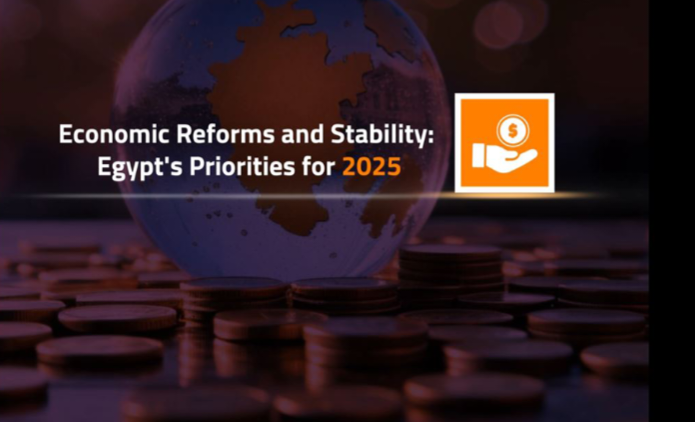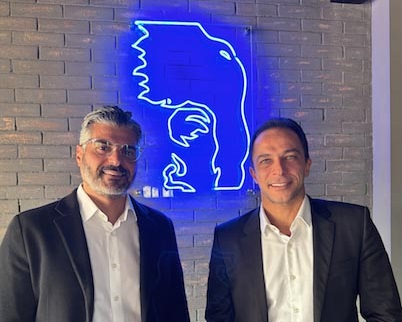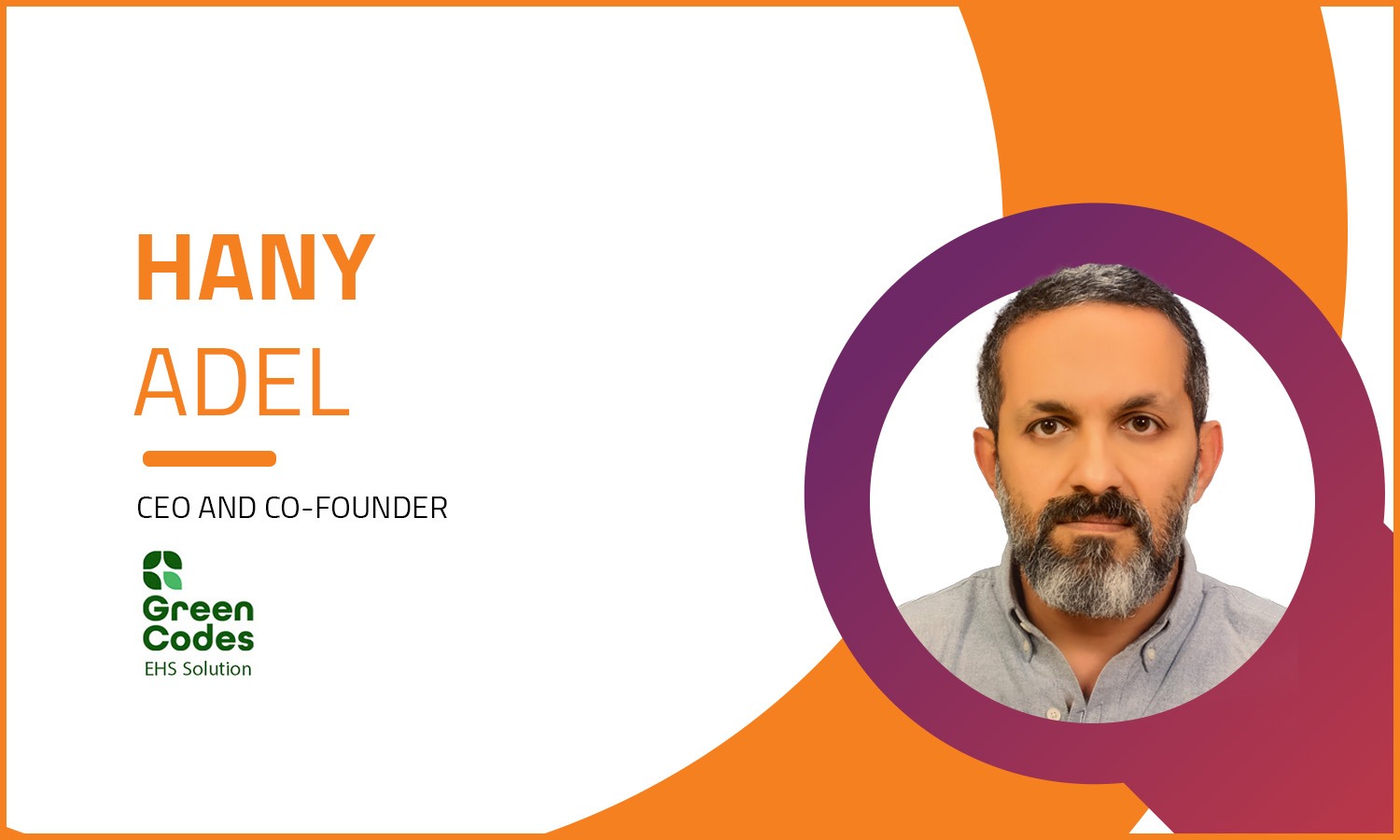From Water to Wi-Fi: The Multifaceted Approach to Public Facilities Development
Updated 4/23/2024 8:00:00 AM
Egypt is embarking on a transformative journey to modernize and expand its public facilities. Backed by significant investments, this ambitious vision recognizes the critical role infrastructure plays in attracting investment and fostering economic growth.
The government aims to elevate both the quality of life for its citizens and the economic landscape for businesses to flourish. This can be achieved by prioritizing the enhancement of vital infrastructure like water and sewer systems, bolstering internet connectivity, and maintaining an efficient road network.
Public Facilities Development
In April 2024, Minister of Planning and Economic Development Hala Elsaid highlighted that Egypt has a vision to develop public facilities. This vision aims to boost the efficiency and the quality of Egyptian citizens’ lives by assessing government performance.
Elsaid also emphasized the pivotal role of accurate data in aiding decision-makers, which fosters improved performance among public employees and government agencies and facilitates the duties and tasks of the Administrative Prosecution Authority’s members.
In September 2023, Prime Minister Mostafa Madbouly announced that the state was working on the development of public facilities at costs amounting to EGP 3.4 trillion.
When it comes to public facilities, the development of infrastructure across different sectors, particularly utilities, is important.
Karim Nassar, an economist and financial expert, emphasizes this significance to Arab Finance, saying that “from an industrial point of view, the provision of a consistent, reliable, and affordable access to electricity, water, sanitation, and energy - both fossil and renewable- is essential for businesses to operate effectively.”
“By minimizing factory downtime and disruptions to the production process, such utilities reduce operational costs," Nassar adds.
Meanwhile, Nada Nabil, a 32-year-old project manager, agrees, saying “power cuts need to stop.”
“This would allow me to focus on my work without being pressured by power outages, thereby maintaining my productivity and my mental state,” Nabil explains.
Securing Basic Needs: Water, Sanitation
Having access to safe water, sanitation, and hygiene services is one of the most basic human needs for health and well-being.
Aligned with the United Nations (UN) Sustainability Development Goals (SDGs), Egypt is working on improving its water and sanitation infrastructure. Focusing on the importance of cleaner water and enhanced sewer systems, sanitation services in rural areas have expanded to cover 48% of them, up from 11% in 2014.
In February 2024, Minister of Housing, Utilities, and Urban Communities Assem El-Gazzar revealed that the forthcoming phases of the presidential initiative Hayah Karima are poised to extend sanitation services to all rural areas.
Moreover, Prime Minister stated in September 2023 during the “Story of Homeland” conference that water coverage nationwide has currently reached 99%.
Building a Robust Digital Infrastructure
Developing the digital infrastructure is fundamental to the main pillars of Digital Egypt, ensuring the provision of communications services efficiently with a high degree of continuity and stability.
"Efficient internet access and reliable telecom services are vital for businesses to connect with customers and partners easily, fostering a more attractive business environment,” Nassar notes.
“Advanced telecom services allow both domestic and international investors to connect with global financial markets seamlessly and efficiently, ensuring a steady flow of critical business and financial data," he adds.
As Egypt's communication infrastructure continues to improve, it lays the foundation for a thriving digital economy. This, in turn, draws in a wider range of investors, stimulates economic growth, and positions Egypt as a leader in the region, Nassar explains.
Heba Salah, an economic expert and public policy analyst at the Egyptian Cabinet of Ministers’ Information and Decision Support Center (IDSC), states to Arab Finance that “enhancing access to reliable and affordable internet connectivity across Egypt would benefit businesses and induce investments.”
“This is mainly because of the key role internet-based technology plays as a source of information worldwide,” Salah points out, adding that “in this regard, it will contribute to providing easier access to the best investment opportunities, facilitating engaging with stakeholders and online transactions, as well as reducing costs.”
Telecom Egypt has secured the first 5G license and is starting the deployment of 5G services this year. Together with fiber optics technologies, 5G services are expected to boost the quality of the internet and impact businesses’ performance.
Salah says that “5G wireless networks will offer a reliable, predictable network that enables industry-centered applications to cope with the differentiated and deterministic requirements of various sectors.”
The digital infrastructure can be further developed and enhanced through the encouragement of public-private partnerships (PPPs).
“One of the key attributes of PPPs is that they enable the government to share the large costs of infrastructure development with private companies. This essentially expedites funding and bridges any foreseeable funding gap,” according to Nassar.
Therefore, Salah suggests that “accelerating the participation of the private sector in information and communications technology (ICT) is recommended to bolster basic infrastructure, including the broadband optic fiber networks, cloud computing infrastructure, and submarine cables.”
Additionally, when PPPs are involved in internet development projects, this will ensure “wider coverage in rural, remote, and underserved areas of Egypt where the potential for immediate profitability and return might be lower,” as per Nassar.
“This type of risk can only be borne by private companies, which inherently have high-risk tolerance and can better mitigate financial risks than the state,” Nassar elaborates.
Roads’ Infrastructure Boom Fuels Foreign Investment
A robust infrastructure and transportation network are key to a thriving economy. They fuel growth by attracting investment, promoting trade, and improving access to markets.
Additionally, enhancing the efficiency of other productive factors unlocks further economic potential. This strong foundation also facilitates the delivery of essential services, contributing to a society's overall well-being.
Nassar asserts that “an efficient transport system optimizes investors’ or businesses’ access to a wide range of customers and merchants, while enhancing overall supply chain efficiency,” adding that “this, in turn, leads to increased productivity and profitability for businesses, making Egypt a more attractive destination for investments.”
Meanwhile, Salah highlights the importance of “enhancing the management of urban mobility and increasing the Greater Cairo Metro lines to boost transportation efficiency and alleviate road congestion.”
Furthermore, she underscores the necessity of “scaling up investments in infrastructure and backing private sector involvement in the transportation sector, along with fostering PPPs to upgrade transportation systems.”
Egypt's ambitious plan for the development of public facilities represents a pivotal step towards a brighter future.
By prioritizing infrastructure upgrades across water, sanitation, digital connectivity, transportation, and public amenities, the government is not only laying the groundwork for a higher quality of life for its citizens but also creating a more competitive landscape for businesses to flourish.
By Sarah Samir
Related News











